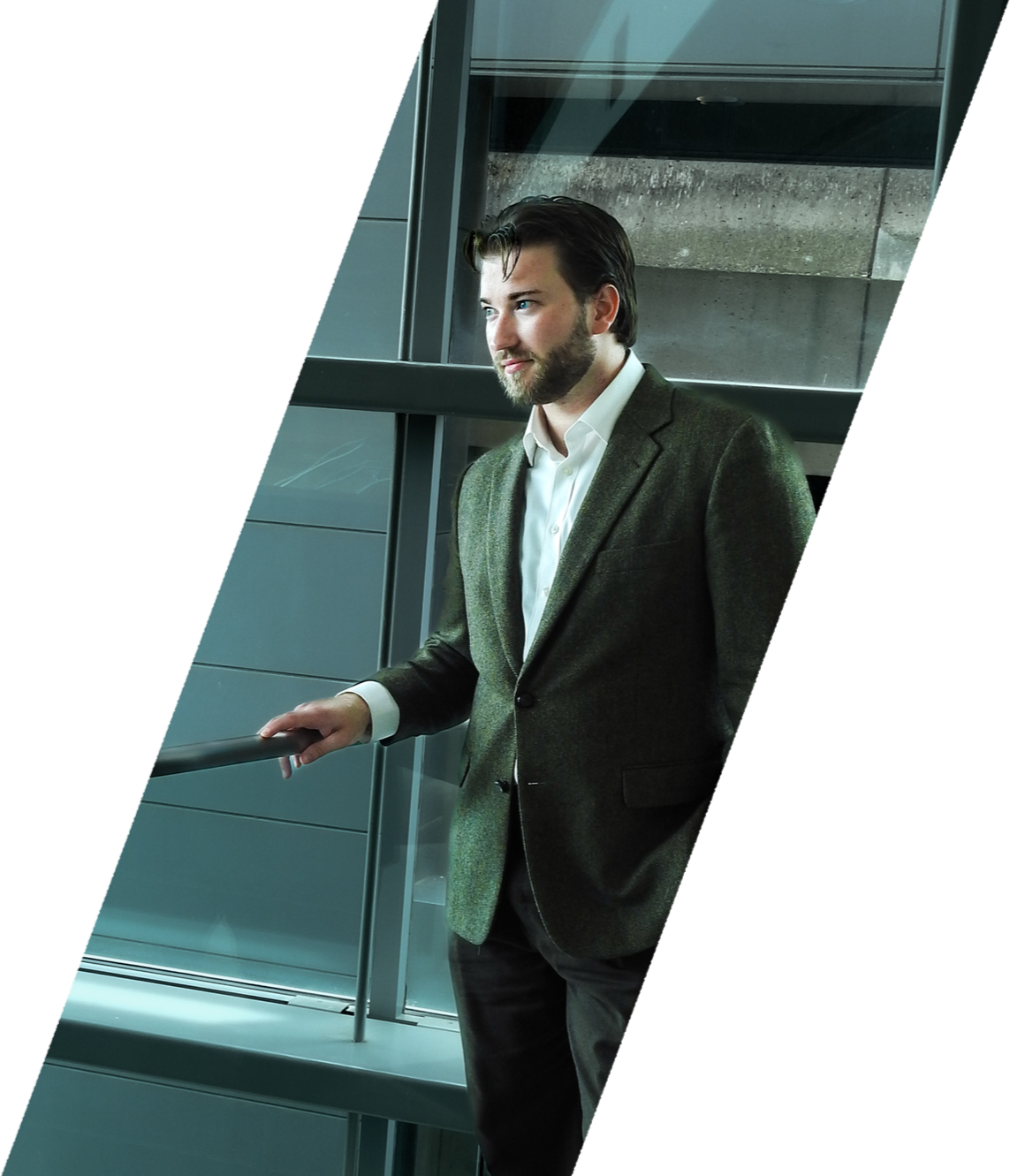I study power. Specifically, I work to conceptually clarify and measure power in international relations (IR). What is power, and how can we talk about it? Who holds power, and how does it manifest in individuals, groups, nations, and other actors? Which methods of exercising power are most effective? These questions have endlessly fascinated me as an instrument and researcher of IR.
My career began as a philanthropist, facilitating the donation and logistics for over 200 shipments of potable water, nonperishable food, and medicines to areas impacted by war and natural disaster. I worked with Doctors Without Borders and Hanger Orthopedic Group to build better systems for getting supplies to places in need and places with travel restrictions.
In 2017, I enlisted in the U.S. Marine Corps, serving as a combat photographer. In this role, I conducted strategic communication and public affairs for the across four continents. It was a unique experience; I was a tool for soft power in the largest mechanism of hard power the world has ever seen. These experiences sparked a passion for IR which I brought forward to my work at Harvard. I hope to bring this passion to a PhD program in political science in the future.
My current projects include: “Hot Blood and Soft Power: Diplomacy Works Best When It’s Emotional” with Saphina Chisek-Singh and Ania Lavrenchuk, which examines public opinion of world leaders to determine what types of public diplomacy have the greatest impact. Next, “Science as a (Failed) Vocation” is an Aristotelian examination of higher education and how the modern university can deal with challenges to academia. Finally, my main research project “Power: What It Is and How to Talk About It” examines power as described across an array of social sciences and draws them together to form a single comprehensive definition and structure for discussing power. You can read more about my work here.
Hi, I’m Seth!

